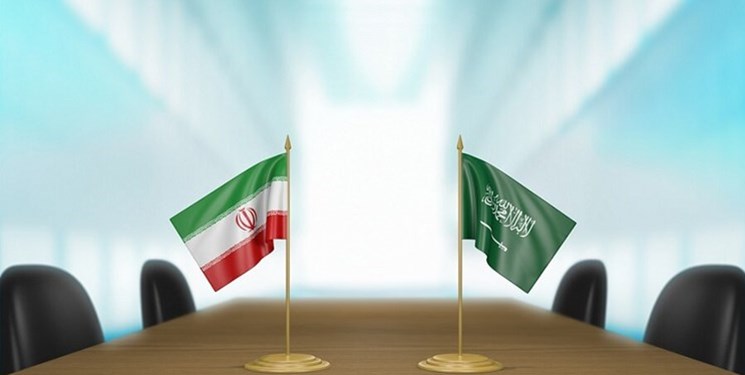How far has Saudi Arabia’s dialogue with Iran reached?
There have been four rounds of talks between Saudi Arabia and Iran so far, and since the Saudi side has not been able to advance its main goal in this dialogue (which, of course, is not related to the relations between the two countries), it has called these talks fruitless so far.
According to Fars News Agency’s International Group, Saudi Arabia’s dialogue with the Islamic Republic of Iran in recent months has been one of the most significant events in the region; The dialogue is hosted by the Iraqi side and Riyadh is trying to resolve some of its problems at the regional level through this dialogue and raise demands. Meanwhile, the war in Yemen is the most important demand of the Saudi government and it is trying to untie it through dialogue with Tehran and save itself from hostilities.
In every round of talks, Iran has reminded and emphasized that it is not a mediator and does not negotiate on behalf of anyone, including the Yemenis, and that Saudi Arabia should negotiate directly with the “National Salvation Government in Sanaa” if it wants to resolve its crisis in Yemen.
So far, four rounds of talks have taken place between Iran and Saudi Arabia. The record of this dialogue is in the hands of the Supreme National Security Council, and a representative of this council is responsible for these negotiations.
According to some political observers, the Saudi side’s request in these talks is to find a way out of the Yemeni pressure in the war; A war that the Saudis themselves, with the support of the United States, are igniting. The key point about Yemen is that Saudi Arabia is not willing to actually stop the war and negotiate with the Yemeni side, but links the cessation of the conflict to humanitarian issues, and Sanaa believes that humanitarian demands such as lifting the siege of the Yemeni people should not be linked to Riyadh’s political demands. And Washington to be tied. In other words, what the United States and Saudi Arabia could not achieve by force of military war could not be achieved by locking up humanitarian demands in political negotiations.
On the other hand, the government of national salvation is in a superior position in Sanaa. The recent victories of the Yemeni army and popular committees in the siege of Ma’rib and the retreat of Saudi forces from al-Hudaidah (west) and the heavy drone strikes on the Saudi coalition have put more pressure on Saudi Arabia to endure the war.









